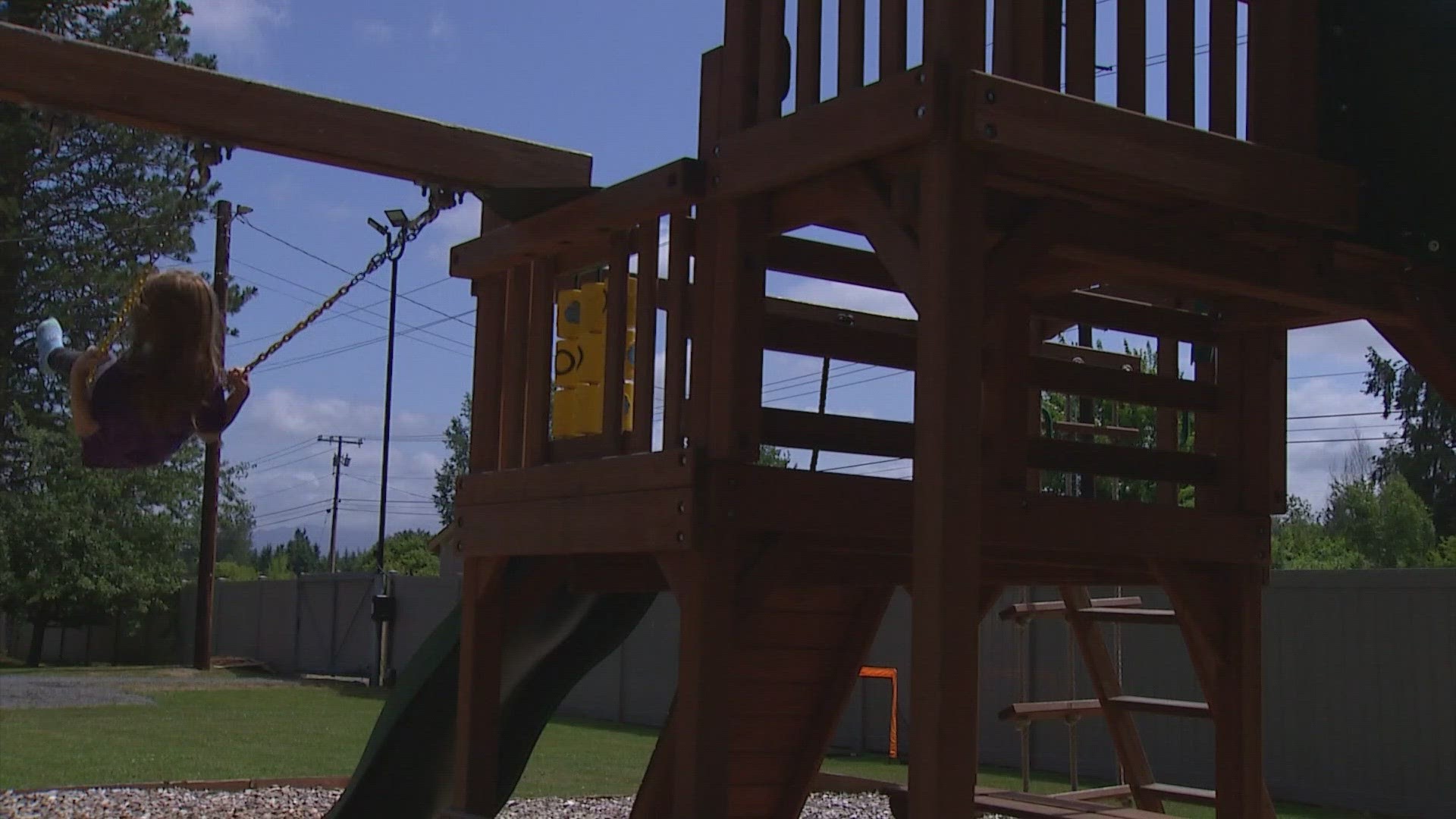LAKE STEVENS, Wash. — A new law designed to help protect families is facing criticism that it may actually put children in danger.
The "Keeping Families Together Act" intends to decrease the separation of children and parents under the belief separation often leads to bigger problems in the future.
Child welfare advocates, however, are sounding the alarm, worried innocent children may end up at greater risk.
Since it opened just 3 years ago, Bridge Receiving Center has seen 170 children walk through its doors, all of them in various states of trauma.
"They suffer all kinds of abuse," said Executive Director Kathleen Hamer. "Anything from broken bones, bruises all over their bodies, burns."
Bridge receives 75% of its funding from donations.
It is a soft landing place for kids separated from their parents.
Workers help transition children to foster care with the hope that families will be whole once again.
"We want responsible reunification," said Hamer.
Foster care has been described as like chemotherapy: necessary but it can also do harm.
That's why in 2021 Washington lawmakers passed the "Keeping Families Together Act" which only allows a child to be taken from a home in cases of "imminent physical harm."
But Hamer believes mental and emotional abuse can be precursors to violence.
"For us to have to wait for evidence of imminent danger, it's too late," she said. "We don't want kids to have to be in imminent danger. We want them to be in safe homes."
Supporters of the law say poor and BIPOC kids are more likely to suffer from family separation.
They contend giving families in crisis tools and resources, instead of separating them, is better for everyone, especially the children.
"Poverty, mental illness or not being able to pay your water bill should not be reasons to separate a family," said State Rep. Lillian Ortiz-Self (D-21), who sponsored the bill. She says research proves even short-term removals are damaging to kids.
Ortiz-Self points out that nearly 30% of Washington children taken into foster care will be returned to their families, and fixing the whole family at the root is paramount.
"If we can fix the problem, we will have invested in a change that will last forever," she said.
The law takes effect on July first.
For now, counselors at Bridge are bracing for what they call the "unexpected consequences of good intentions."
"When children are left in the homes longer, the amount of trauma they will have experienced will definitely be more significant," said Bridge Program Manger Samantha Andrus. "They will exhibit more significant behaviors, have a more difficult time learning to trust and a more difficult time learning to feel safe."

